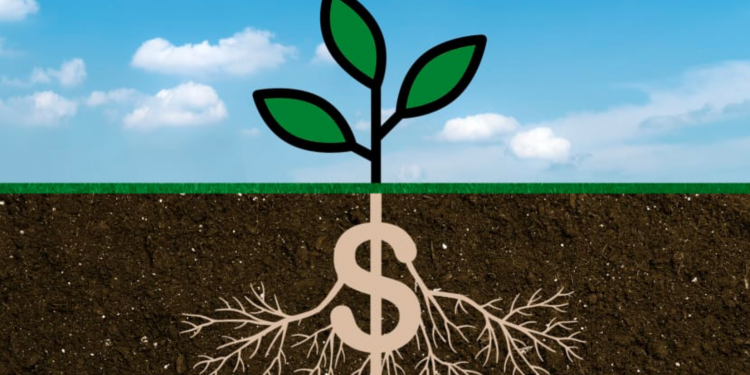Kemi Ingram writes in The Week that the market for healthy and sustainable food is booming.
The last 20 years have dramatically altered the way middle-class Americans eat: Growing awareness of climate change, wider interest in conscious capitalism, and the mainstreaming of what was once a niche market for health enthusiasts and allergy-prone consumers has proven just how good for business “good for the planet” can be.
It can be easy to forget how just how much has changed — and to miss how it happened. The oughts ushered in an unprecedented wave of foundings, mergers, and acquisitions in the natural foods market, deals that made it possible to keep up with rising demand.
Plant-based protein products in 2001 largely consisted of tofu, tempeh, and seitan. Veggie burgers rarely appeared on restaurant menus, especially not those serving classic American fare.
That began to change thanks to people like Ethan Brown, who set out to combat climate change and began manufacturing plant-based protein in 2009.
By 2013, backed by celebrity investors like Snoop Dog, Bill Gates, and Leonardo DiCaprio, Brown’s Beyond Meat could be found in Whole Foods stores across America.
In 2019, Beyond Meat became the first plant-based meat analogue company to go public, with an opening valuation of $3.8 billion.
Impossible Foods has raised more than $1.3 billion dollars, and its burger product can be found at Burger King, Little Caesars, and thousands of ordinary grocery stores across the country.
Many Americans’ thinking on climate change, pollution, and sustainability is starkly different now than it was two decades ago.
Environmental policy may be slow to change, but entrepreneurs can choose to improve their business practices, and a would-be activist can swap products in her shopping cart immediately.























